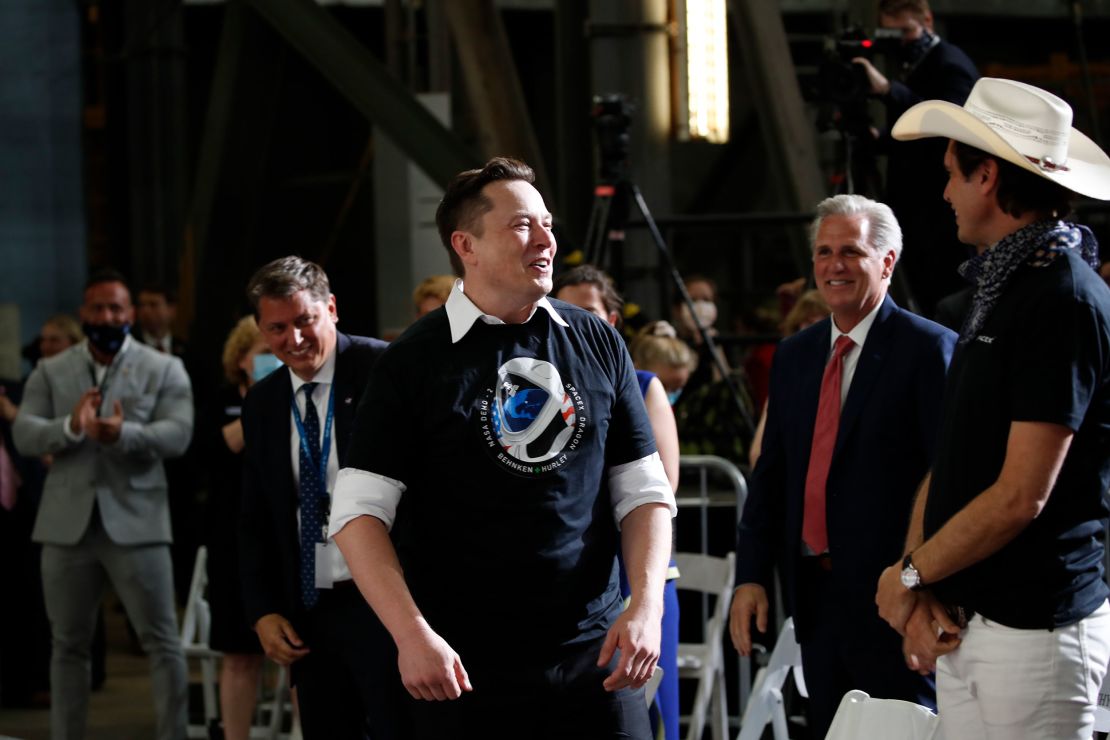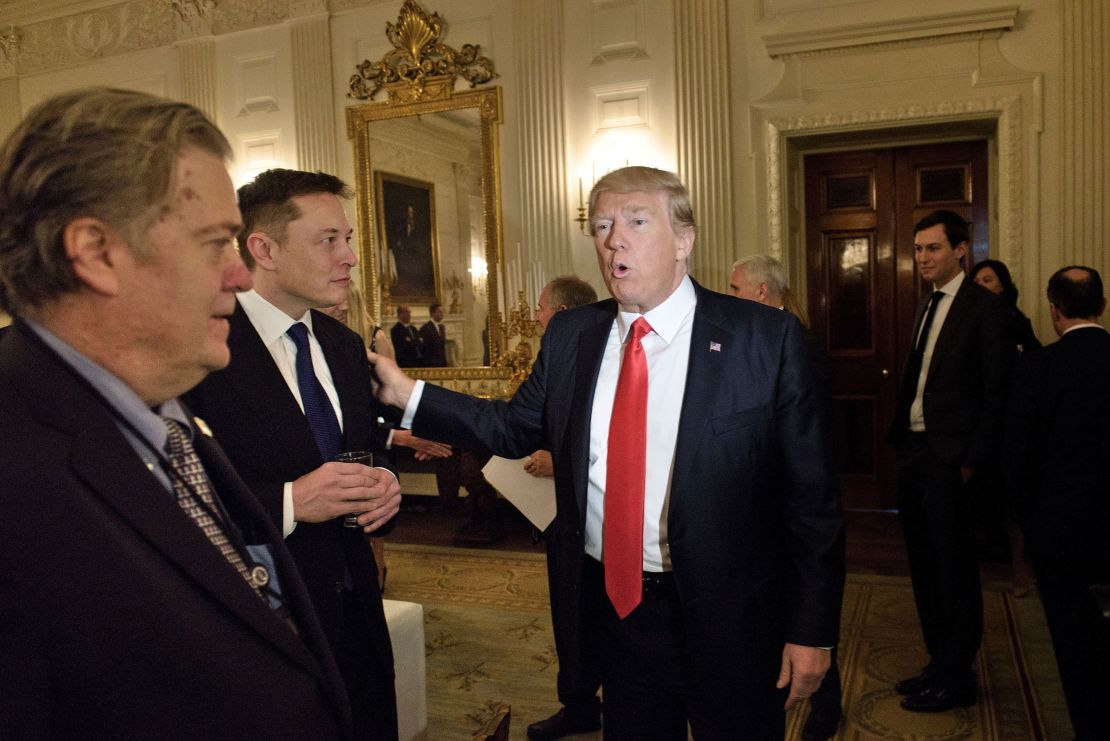The world’s wealthiest individual stood near the US-Mexico border, adjusting his cowboy hat.
“As someone who immigrated to the U.S., I strongly support legal immigration,” Elon Musk stated. “We should welcome hardworking individuals who can contribute positively.” However, he also acknowledged the need for restrictions, asserting that those who break the law shouldn’t be allowed entry.
Since his border visit, Musk has become vocal about illegal immigration, especially after acquiring Twitter, now X. With over 195 million followers, he shares posts that often link undocumented immigration to political strategies of the Biden administration, while simultaneously advocating for expanded legal immigration.
Less frequently discussed is a part of Musk’s family immigration story that raises questions about his own status during his early entrepreneurial days in America.

Elon Musk, born in South Africa, moved to Canada before relocating to the U.S. for college in 1992. He quickly transitioned into the tech world, founding successful companies and now holding major positions at Tesla and SpaceX, with a net worth nearing $270 billion.
In the early days of his first startup, Musk and his brother Kimbal lived frugally, often recounting their experience of residing in their office to save on rent. During a 2013 conference, Kimbal revealed that they were “illegal immigrants” when they secured funding for their company, sparking laughter and a vague response from Elon, who referred to their status as a “gray area.”
The brothers did not clarify their specific visa situations, but it’s noted that investors helped them secure visas later. Musk officially became a U.S. citizen in 2002, but the details of his immigration journey remain murky, prompting speculation about the “gray area” he described.
### ‘What if Elon Musk Had to Navigate Regular Immigration Channels?’
Experts highlight Elon Musk’s experience as a significant example of the challenges immigrants face in the U.S.
Jennifer Minear, an immigration attorney, noted, “The obstacles Musk encountered reflect poorly on our immigration system and underscore the urgent need for reform.” She emphasized that the hurdles he faced could have hindered his entrepreneurial ambitions.
Rajshree Agarwal, director of the Ed Snider Center for Enterprise and Markets, explained that foreign students aspiring to become entrepreneurs often encounter lengthy immigration processes, forcing many to delay their ambitions or accept lower-level jobs. Musk’s investors expedited his visa process, allowing him to innovate earlier than most, raising the question of what the U.S. might have lost if he hadn’t received that support.
Agarwal illustrated the typical scenario: “What if Musk had to wait the average 8 to 10 years for a green card? Zip2 may never have existed.” She also pondered the consequences if he had faced deportation back to Canada or South Africa.
Instead, in 1999, Musk successfully sold Zip2 for over $300 million, giving him the financial foundation to cofound PayPal shortly after.
### Musk’s Influence on Immigration Discourse
Since his border visit, Musk has amplified his immigration views on social media, particularly on X. This year, he’s made over 150 posts related to immigration, showcasing a notable uptick in frequency and intensity.
Mert Can Bayar, a researcher at the University of Washington, highlighted Musk’s ability to attract substantial attention with his posts. He noted, “His account is the most followed on X, meaning every message he shares reaches millions.”
Recent posts from Musk have included controversial claims about undocumented voters and critiques of immigration policies, despite evidence showing that voting by non-citizens is exceedingly rare.

Bayar concluded, “When Musk discusses an issue, it garners disproportionate attention, influencing public perception significantly.”
Zachary Mueller from America’s Voice asserts that Elon Musk’s posts often resonate with the “great replacement theory,” suggesting a deliberate effort by elites to replace White power with non-White migrants. Mueller argues that Musk’s amplification of this theory contributes to a larger problem. Musk, however, denies any association with racism, claiming he’s merely pointing out that increased immigration could lead to more Democratic voters.
Mueller criticizes Musk’s rhetoric as dehumanizing, particularly his comparison of migrants to a “World War Z zombie apocalypse” during a live conversation with Trump. While some dismiss Musk’s focus on immigration, his statements have drawn attention from policy experts, including David Bier of the CATO Institute, who has refuted Musk’s claims about migrants voting. Bier emphasizes that economic factors largely drive migration, arguing that Musk’s influence is significant given his global platform.
Musk’s views appear to be gaining traction in political circles, with Trump indicating a willingness to involve Musk in his administration if reelected. Rep. Joe Wilson recently cited Musk on the House floor, echoing Musk’s alarming predictions about migration flights, which misrepresented government efforts to facilitate legal entry for migrants.